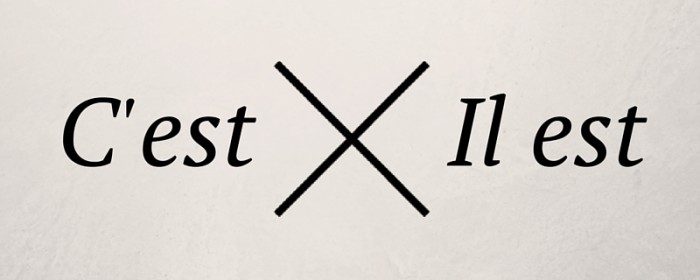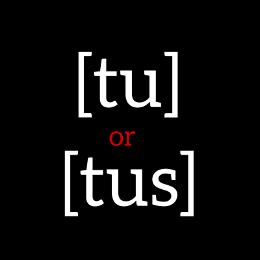When to use « C’est » vs « il est » (or « elle est ») ? Angela is still in high school but she’s a promising student of French (Angela wrote me several long emails in a very good French!). She told me she was confused about when to use "c'est" vs "il est / elle est". Indeed, this is a typical struggle among French students - thanks a lot Angela for your question and here are my explanations for you all to enjoy! « C’est » vs « il est » / « elle est » I’ve decided to list the main differences between “c’est” vs “il est / elle est” in a table so that the contrast between the structures … Read More →


